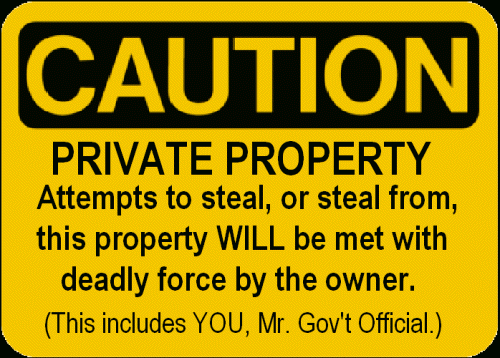Private Property Rights
Property rights are the exclusive authority to determine how a resource is used, and who owns that resource - government, collective bodies, or by individuals. Property rights can be viewed as an attribute of an economic good. This attribute has four broad components[2] and is often referred to as a bundle of rights are the right to use the good, the right to earn income from the good, the right to transfer the good to others, the right to enforcement of property rights. In economics, property usually refers to ownership (rights to the proceeds of output generated) and control over the use of the means of production. They may be owned privately, by the state, by those who use it, or held in common by society. The concept of property rights as used by economists and legal scholars (see property for the legal concept) are related but distinct. The distinction is largely seen in the economists' focus on the ability of an individual or collective to control the use of the good. For example, a thief who has stolen a good would not be considered to have legal (de jure) property right to the good, but would be considered to have economic (de facto) property right to the good.








No comments:
Post a Comment